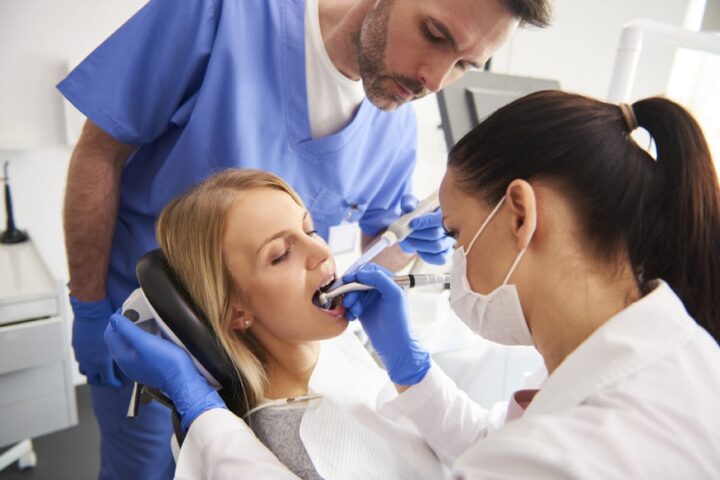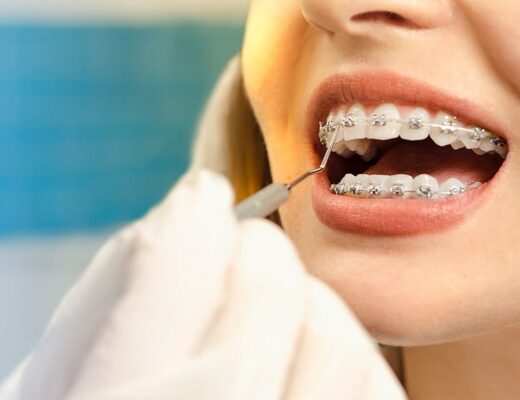Dentists are trained to look for signs of disease in the mouth, which can help them spot potential health problems elsewhere in the body. You need to see a dentist regularly for two reasons: first, to have your teeth cleaned and checked for decay, and second, to have a professional assess your risk for oral health problems.
During a routine cleaning, your dentist will check for signs of gum disease, tooth decay, and other problems. They will also look at your tongue, throat, gums, and the inside of your cheeks for any red or white patches that could indicate oral cancer. If they see anything suspicious, they may recommend further testing or refer you to a specialist.
Some medical conditions that your dentist may be able to diagnose include:
1-Cancer
Oral cancer is often first detected by a dentist during a routine exam. They will look for abnormal growths, sores, or discolored areas in your mouth. They may recommend a biopsy to confirm the diagnosis if they see anything suspicious.
2-Diabetes
Dentists can sometimes detect diabetes by looking for sure signs in the mouth, such as dryness, gum disease, and fungal infections. If they suspect you have diabetes, they will likely recommend a blood test to confirm the diagnosis.
3-Heart disease
Dentists may detect heart disease by looking for inflammation in the gums. They may also feel for any abnormalities in your pulse. If they think you have heart disease, they will likely refer you to a cardiologist for further testing.
4-Osteoporosis
Dentists may suspect osteoporosis if they see a bone loss in the jaw. They may also recommend a bone density test to confirm the diagnosis.
5- Autoimmune disease
Dentists may detect autoimmune diseases by looking for signs of inflammation in the gums. They may also recommend a blood test to confirm the diagnosis.
There are different roles a dentist can perform, including;
a)Assessing your risk for oral health problems
When the dentist assesses your risk for oral health problems, they will look at your medical history, family history, lifestyle, and other factors that may increase your risk. They will then recommend the best way to prevent or treat any problems.
b)Detecting oral cancer
Oral cancer is often first detected by a dentist during a routine exam. They will look for abnormal growths, sores, or discolored areas in your mouth. They may recommend a biopsy to confirm the diagnosis if they see anything suspicious.
c)Diagnosing gum disease
Gum disease is often first detected by a dentist during a routine exam. They will look for any signs of inflammation, redness, or bleeding. If they suspect you have gum disease, they will likely recommend a dental cleaning and x-rays to confirm the diagnosis.
d)Detecting tooth decay
Tooth decay is often first detected by a dentist during a routine exam. They will look for any signs of cavities or tooth surface loss. If they suspect you have tooth decay, they will likely recommend a dental cleaning and x-rays to confirm the diagnosis.
e)Identifying other oral health problems
Dentists can also identify other oral health problems, such as dry mouth, bad breath, and TMJ disorders. If they think you have one of these problems, they will likely refer you to a specialist for further evaluation.
If you have any concerns about your oral health, be sure to see a dentist regularly. They can help spot potential problems early and make treatment recommendations.




